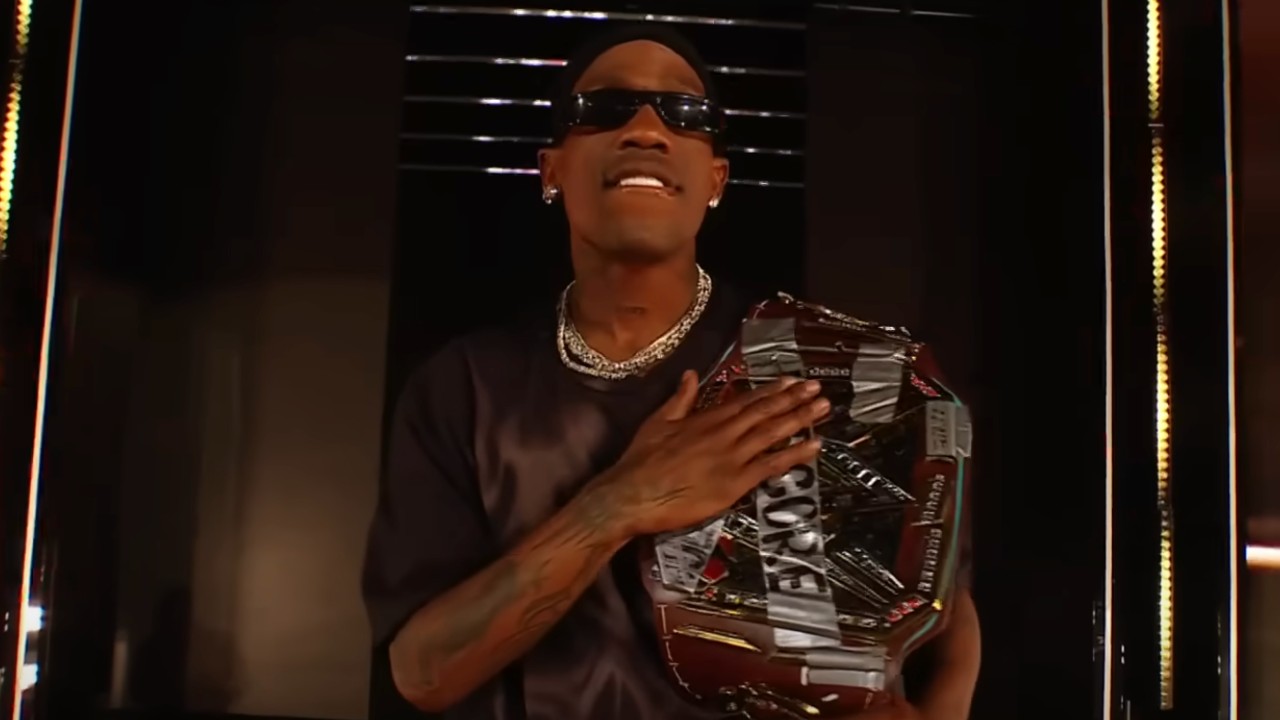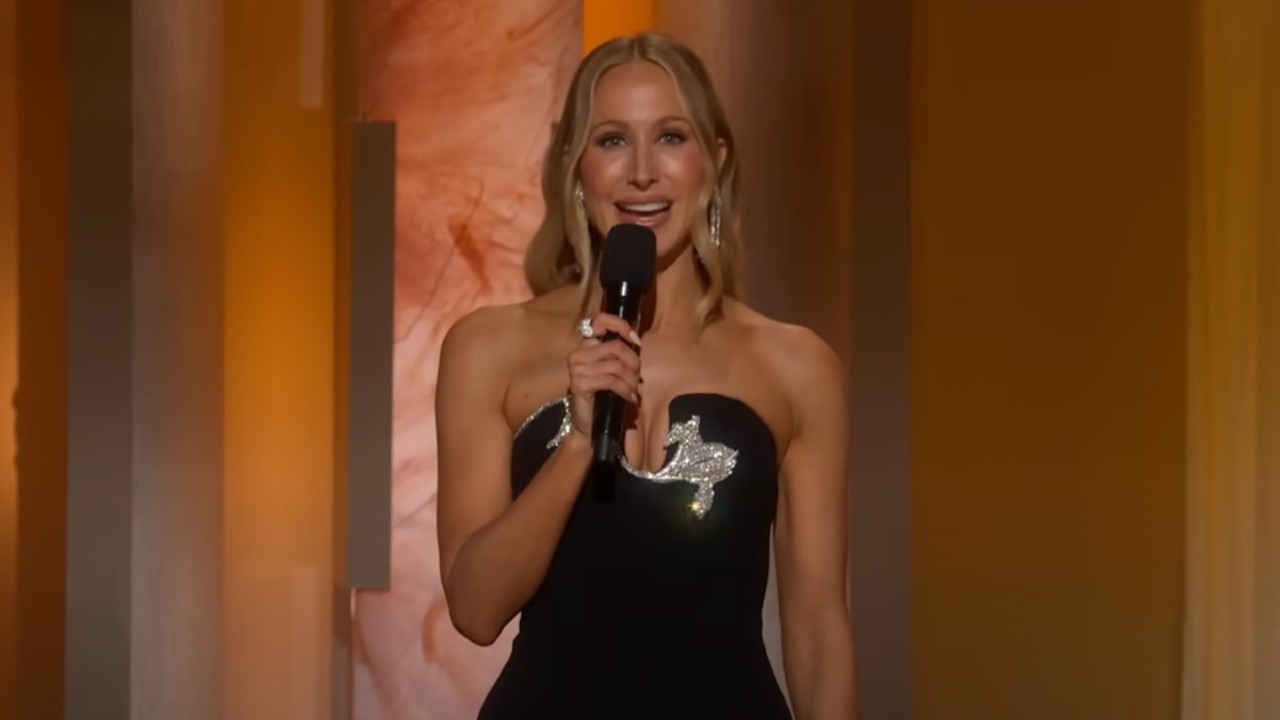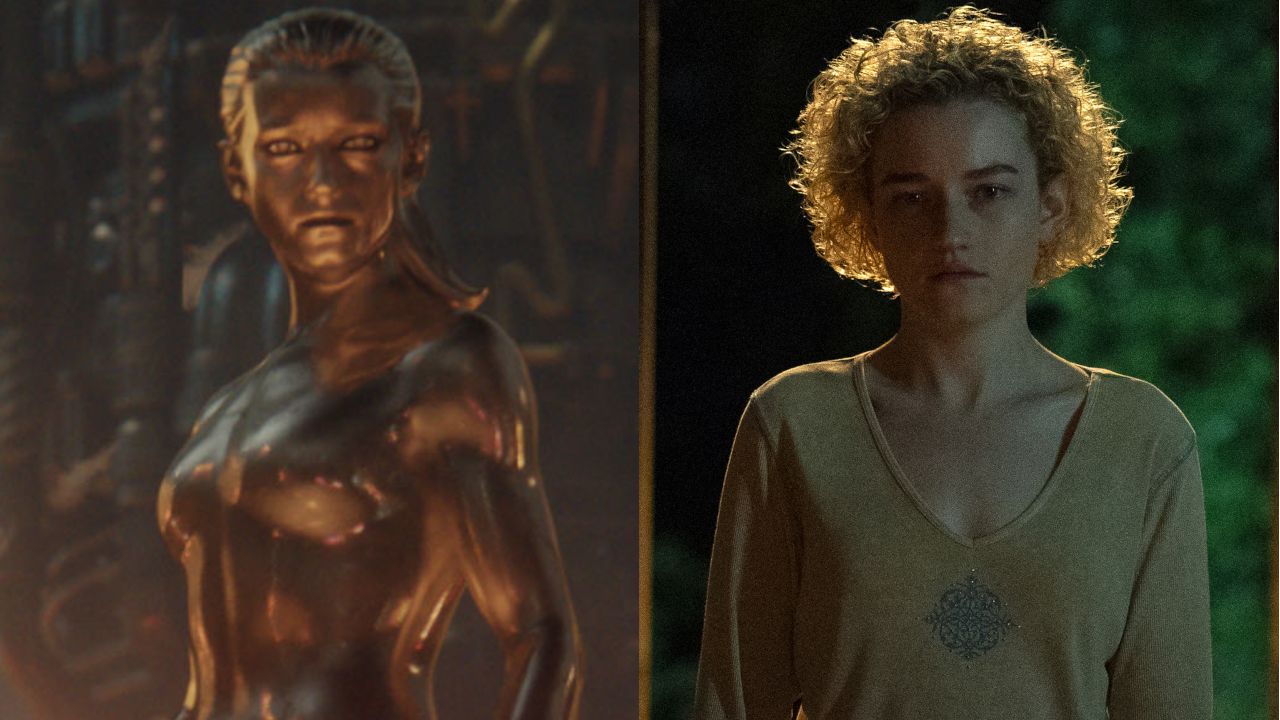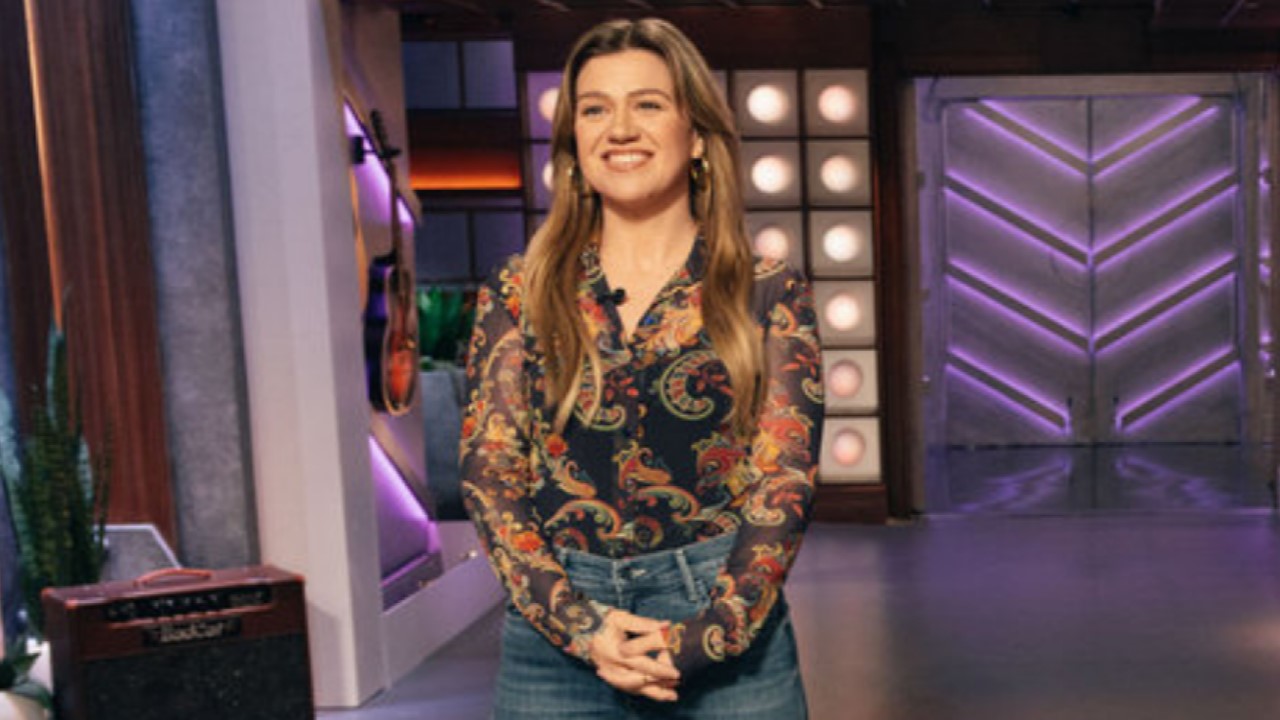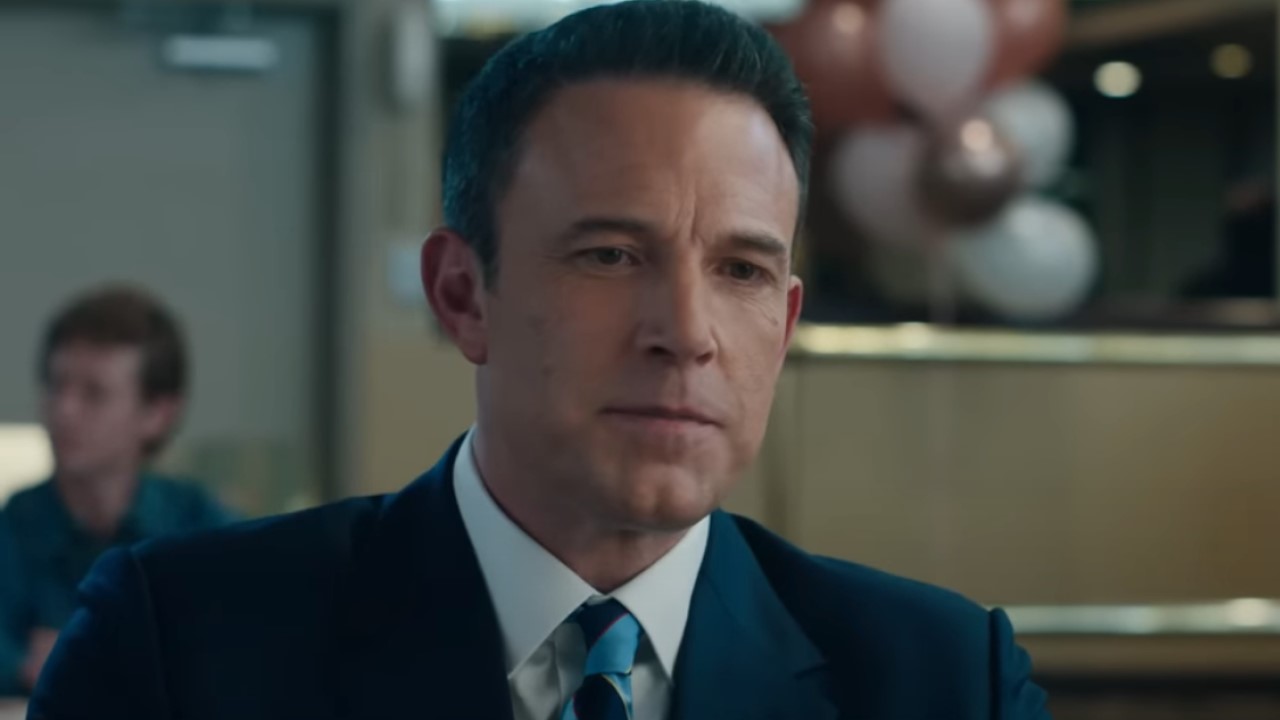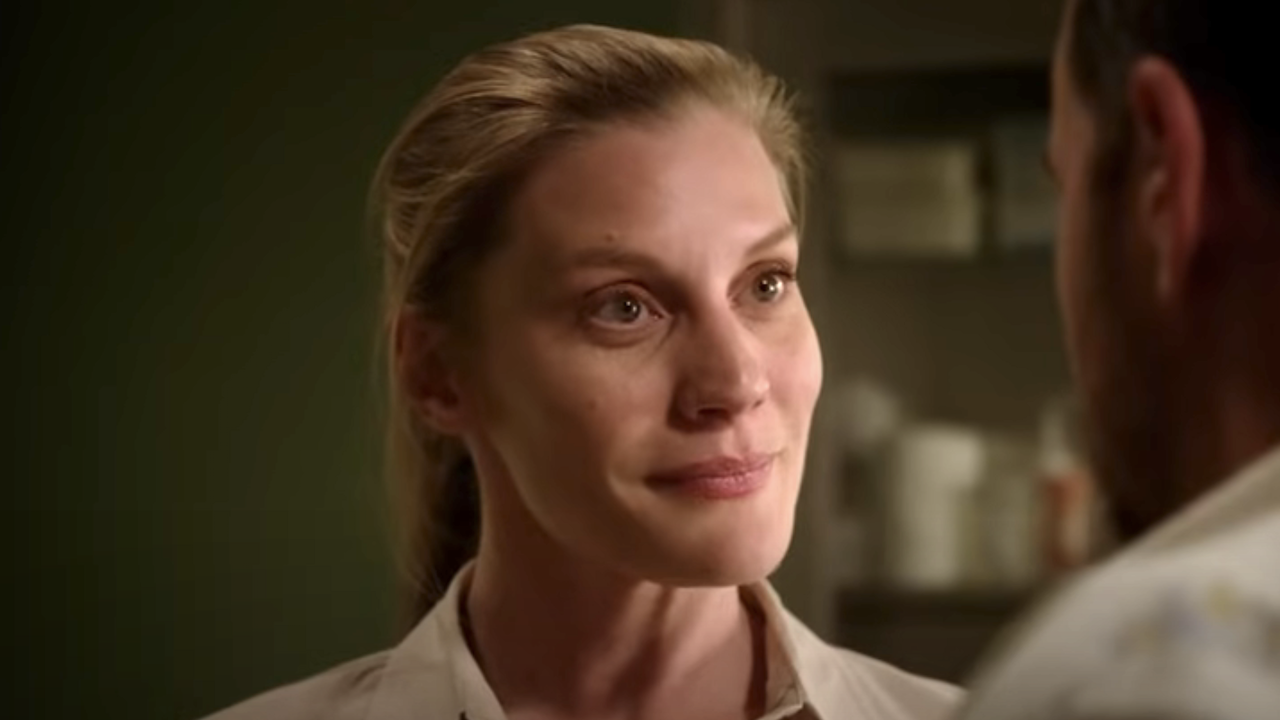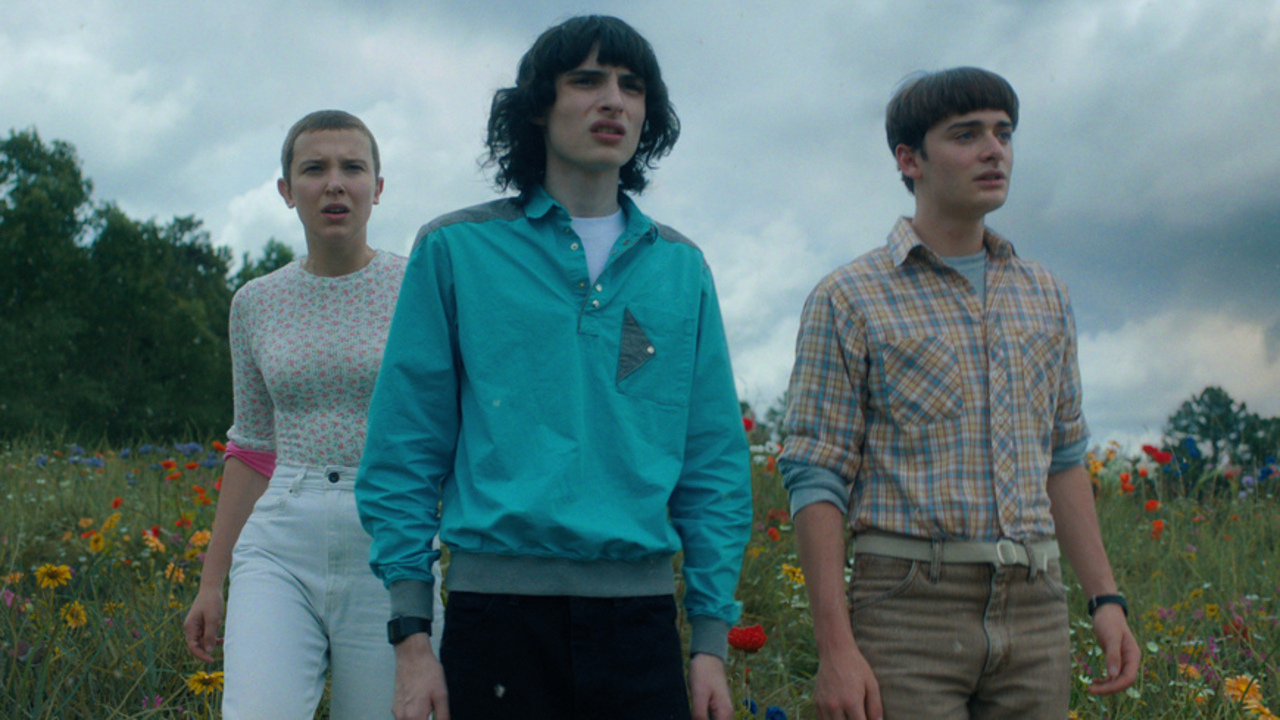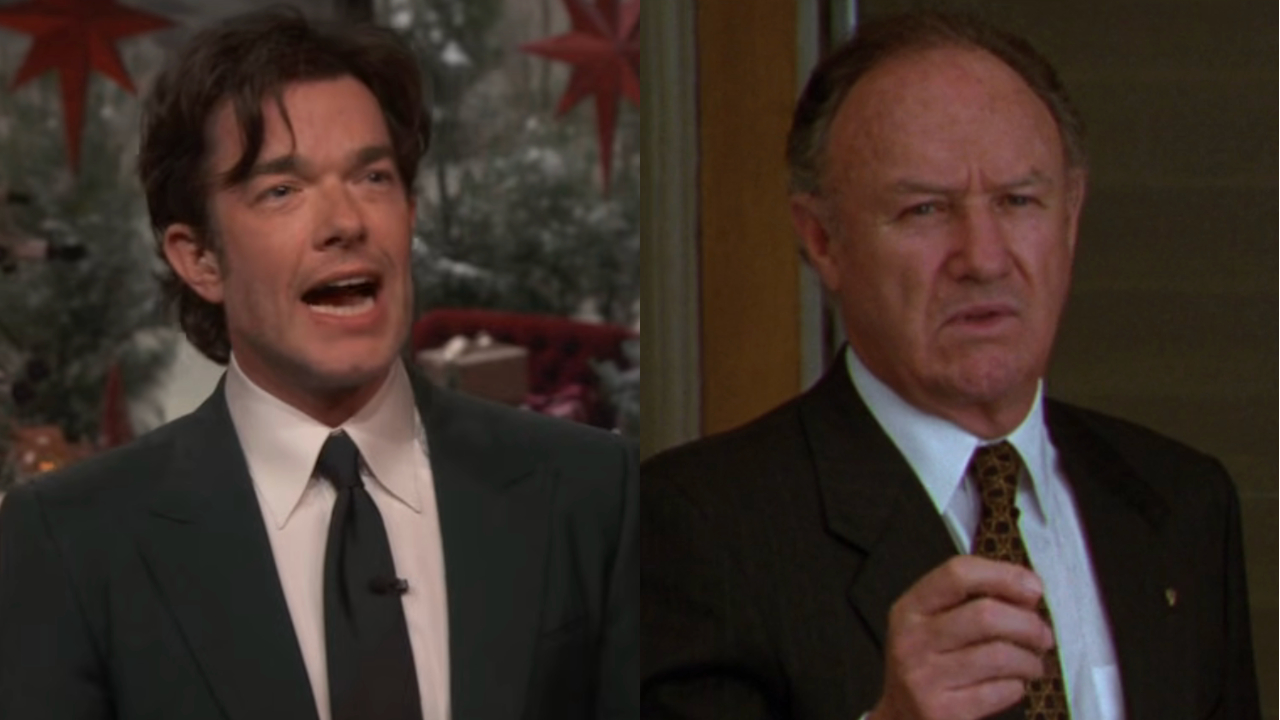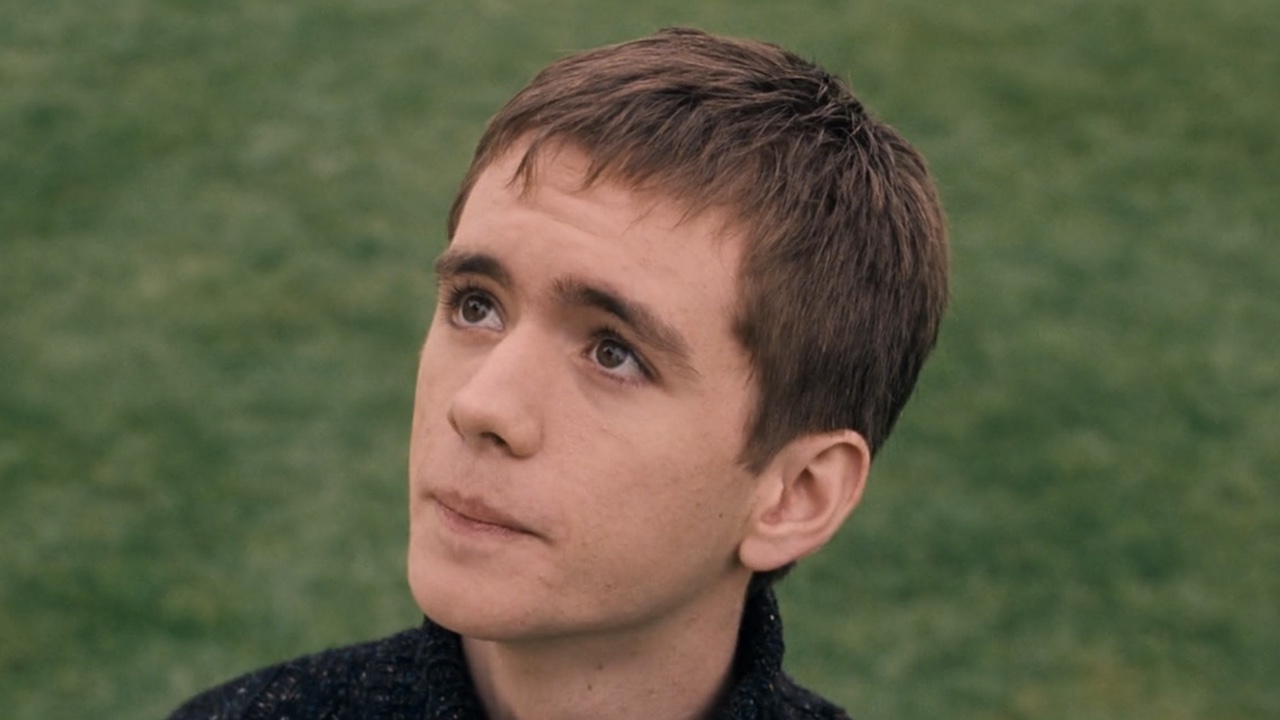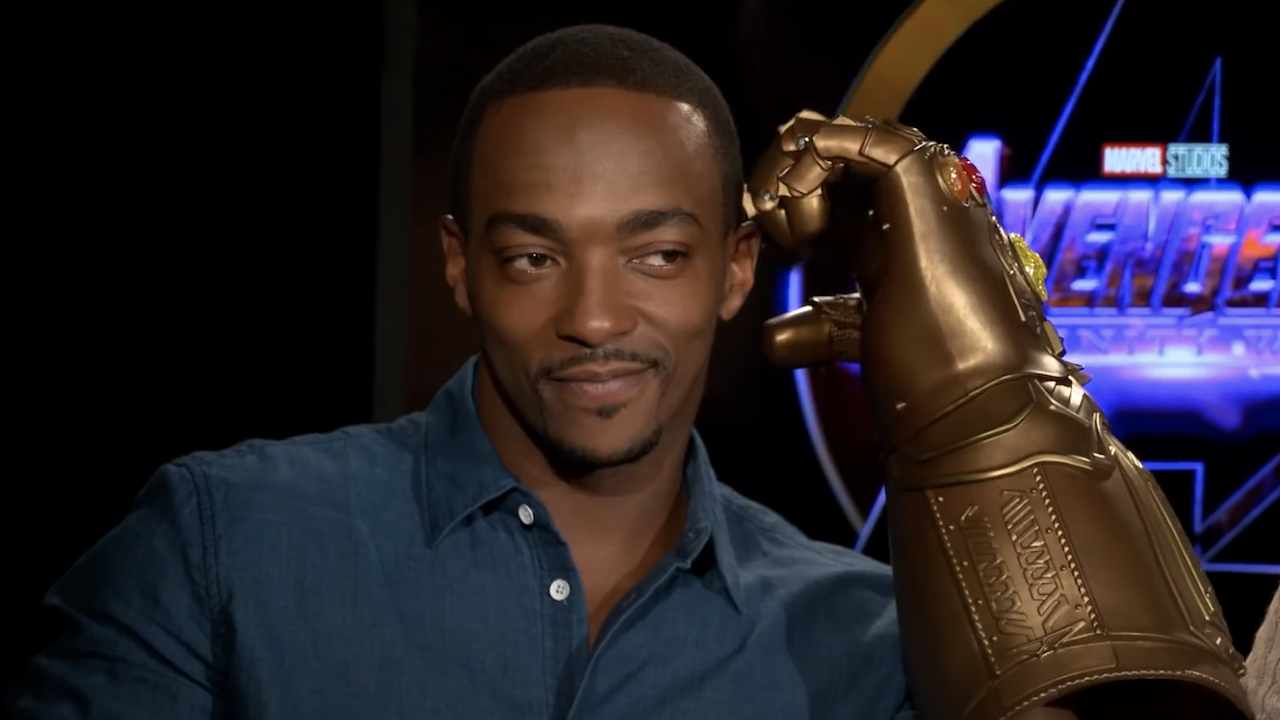Exclusive Interview: Tangled's Donna Murphy
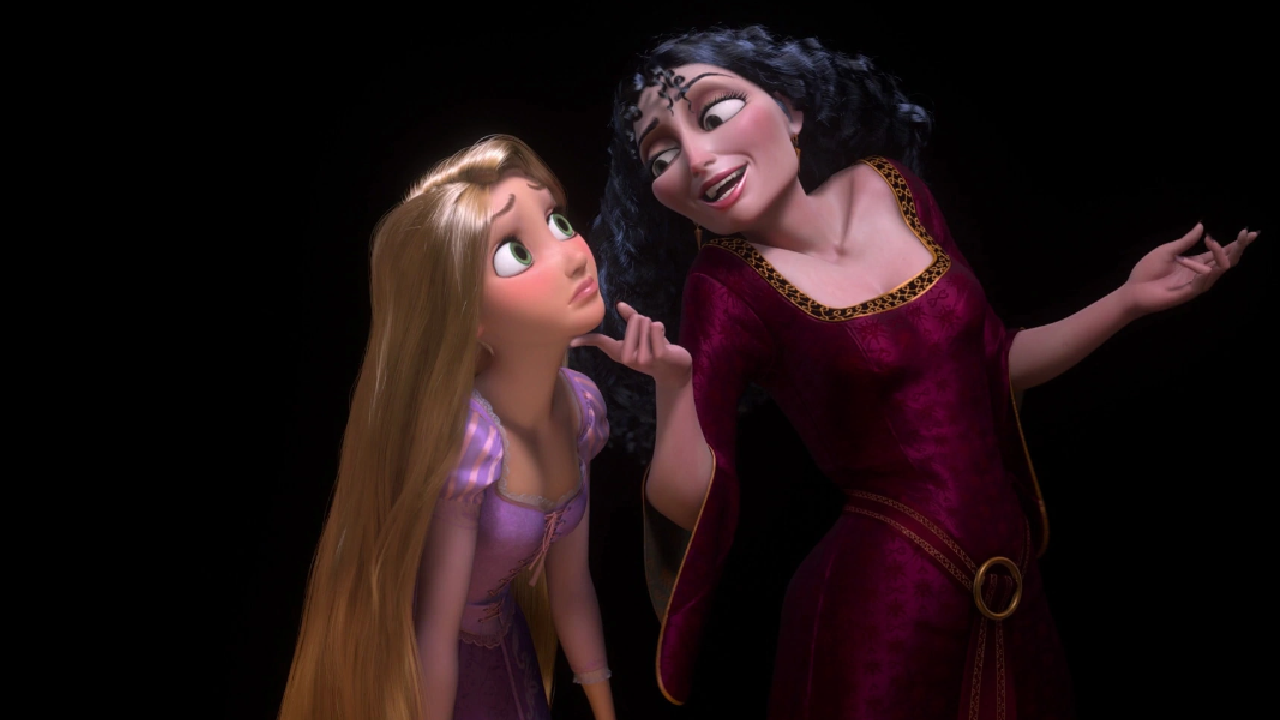
It’s one of the older acting adages: it’s always more fun to play the villain. Nowhere is that more true that in the world of Disney animation. With villains ranging from Jafar in Aladdin to The Evil Queen in Snow White and the Seven Dwarfs, the studio has an incredible tradition of forming spectacular antagonists. Now Donna Murphy and her character, Mother Gothel, are ready to be counted among those ranks.
While down at Disneyland for the Tangled junket last month, I was granted the incredible opportunity to speak with the voice of the film’s main baddie. Although brief, I had the chance to talk with her about the studio’s incredible legacy, her character’s psychological hold on the captive Rapunzel and how she prepared for the role. Check out my interview with Donna Murphy below.
With your character, Mother Gothel, you’re entering a league with The Evil Queen from Snow White and Cruella de Vil from 101 Dalmatians. How is it to be entering into that kind of legacy?
I love it. As a kid growing up with Disney it’s not that I ever aspired to be a villain, but I also never the kid who dreamed of being a princess. I loved watching those films, but I was more entranced by Mary Poppins or even Alice in Alice in Wonderland because they took adventures. They went on adventures. They created situations, they sort of drove the action. But back to the villain thing, those characters tended to be the most dynamic characters in a lot of these stories. So they stayed with you. I have a five-and-a-half year old and I’ll see her around the house singing “Cruella de Vil, Cruella de Vil.” And she’ll play all of the characters. So she’ll be in her room and she is Ariel. I’ll never forget, at two-and-a-half “Poor unfortunate souls! In need! In pain!” And then she’d go [gibberish]. And then she’d hit a part where she’d go “Mommy, that’s too scary, I don’t want to watch it.” She gradually would be able to handle a little more Ursula.
As an actor, it’s juicy to play a villain because they’re individuals with a very intense need or goal that they will stop at nothing to attain or protect. They’re not bound by ethics or moral codes or concern for what someone thinks or how it might hurt someone else. It’s all about them. That gives you great freedom, as a performer and as an actor, exploring how you might go about playing this person. It’s cliché but there’s a reason why actors do really love the opportunity to play a good villain.
One of the things that I loved about the character is that her hold over Rapunzel is almost all psychological. She’s trapping her there not because she hates her or wishes harm upon her, like most Disney villains would. It’s more of a mental hold. Can you talk a little about building that character?
To the credit of the writers and directors and producers, the whole team I should say, they were clear about what they wanted and needed this woman to be and sort of possess in terms of combination of qualities. And they said, “She doesn’t have any powers of her own. She doesn’t have a scepter or a magic mirror or whatever some of those other characters could call upon. All she has is her smarts and her commitment to this desire to not only stay young and beautiful but stay alive because she’s old enough that… it’s not like she’s 60 and wants to look 40 or 35. She’s 387 and wants to look like she’s 35!
CINEMABLEND NEWSLETTER
Your Daily Blend of Entertainment News
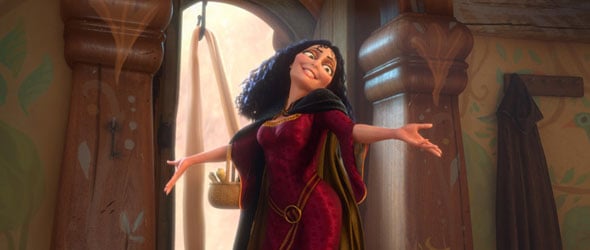
I heard that the folks at Disney – they’re so through in their investigation of everything, from a brush stroke to a character trait. So they polled many people who worked at Disney about their relationships with their mothers and the things that annoyed them – the things that they’re mothers would do that made them feel trapped or made them feel smothered. Or made them feel like their mothers were trying to manipulate them, etc. So they used a lot of that in the film, so it wasn’t just a woman who had stolen this child for her own purposes would do, but what a certain kind of mother might do to prevent her own child from having her own life, which is much more relatable and familiar to your average audience. Whether it’s the parent of the child who’s sitting… the children are going to get it on one level, and parents and teenagers are going to get it on another which is what’s cool about the film.
I think it will register and resonate in important ways for a variety of ages. I had people seeing the film, other journalists like yourself, say “My God, when she says, ‘Now I’m the bad guy’ – that’s my mother! My mother says that to me once a week!” Not my mother, not my mom. I do remember my mother saying, “Why do you hate me so much? Why do you hate me so much?” Because at 16 or 17 I was thinking “I do hate her so much! She just bugs me, she bugs me!” There’s this part of you that wants to disassociate – you want to be your own person. You don’t want to be under the control of that person. You don’t want to be that person’s vision of what you are. You want to be your own sense. That is universal. Whether Mother Gothel is her mother or not, in some way that dynamic develops between them because she’s been caring for her for 18 years. It’s interesting.
You’re primarily known for live-action and a lot of stage work. What was it like preparing for a character that you’re only contributing your voice to?
Well I thought it would be strange and then I realized, even when I was preparing the audition, it was not like I could afford to think of it as just my voice, because I don’t really know how to disassociate that from my entire self. So I prepared for it the way I would prepare for a live-action role or a theater role because I gave her a background and I flushed out the moments beyond what we see in the film. That just leaves you freer to respond as a whole person. It doesn’t mean there weren’t moments they would say, “Could you try that line again and could you do it in a more intimate way or use your voice to intimidate?” “Could you lower the pitch – really flat, lay it out?” So there were things that were very specific to that knowing that that would be such an important part of how the character would communicate. But it didn’t change the way I prepared for it and I also needed to use my whole body to kind of find her. You’re recording and you’re discovering it and giving the performance all at the same time. It’s not like you have three weeks rehearsal.

Eric Eisenberg is the Assistant Managing Editor at CinemaBlend. After graduating Boston University and earning a bachelor’s degree in journalism, he took a part-time job as a staff writer for CinemaBlend, and after six months was offered the opportunity to move to Los Angeles and take on a newly created West Coast Editor position. Over a decade later, he's continuing to advance his interests and expertise. In addition to conducting filmmaker interviews and contributing to the news and feature content of the site, Eric also oversees the Movie Reviews section, writes the the weekend box office report (published Sundays), and is the site's resident Stephen King expert. He has two King-related columns.
